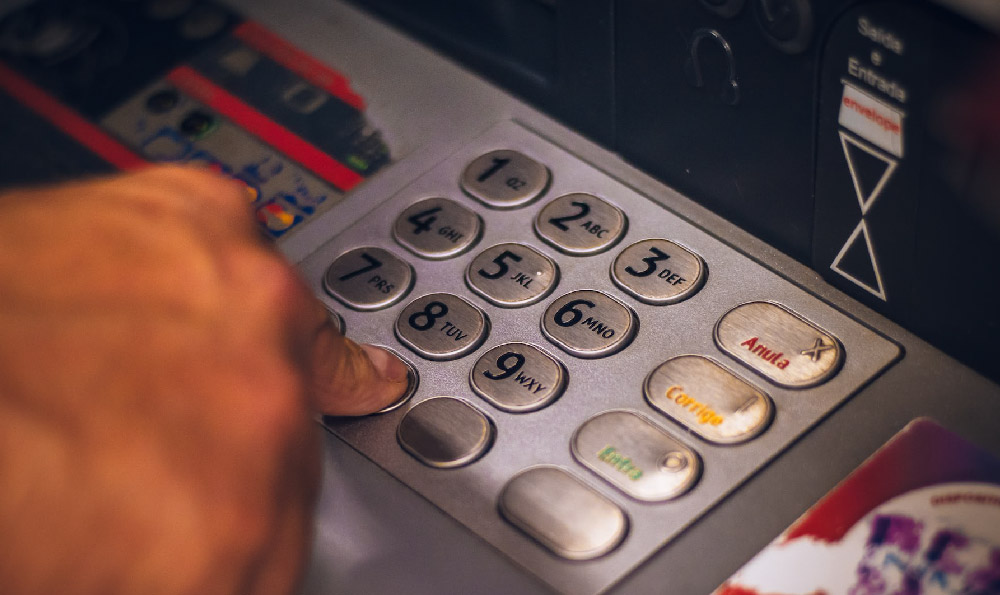Bitget's global presence and operational structure can be a bit nuanced, especially for newcomers to the cryptocurrency exchange world. While it doesn't maintain a single, physically defined "headquarters" in the traditional sense, understanding its regulatory environment and areas of operation is crucial for any potential user. Let's delve into the details.
Decentralized Operations and Global Reach
Bitget operates on a model that leans heavily into decentralization. This is a common trait amongst many cryptocurrency exchanges, designed to allow for greater flexibility and to navigate the varying regulatory landscapes across different countries. Instead of anchoring itself to one specific location, Bitget functions through a network of offices and affiliated entities spread across the globe. This strategic distribution allows them to adapt more quickly to local regulations and cater to specific regional market needs.

This decentralized approach isn't simply a matter of convenience; it’s often a necessary adaptation to the evolving and sometimes ambiguous regulatory environment surrounding cryptocurrencies. Different countries adopt vastly different approaches – some embrace crypto innovation, while others remain cautious or even hostile.
Key Operational Hubs and Registration
While Bitget's official registered office is often cited as being in Singapore, it's important to understand that this doesn't necessarily equate to its primary operational center. Singapore is a well-regarded jurisdiction for crypto businesses due to its relatively clear and forward-thinking regulatory framework, and it offers a stable legal environment for companies operating in the digital asset space. Many crypto companies choose to register there for these reasons.
However, Bitget's operational reach extends far beyond Singapore. They have teams and offices in various locations worldwide, including, but not limited to, countries in Asia, Europe, and Latin America. This distributed workforce handles everything from customer support and marketing to business development and technology.
It's also essential to note that, like many crypto exchanges, Bitget may register with various regulatory bodies in different jurisdictions to ensure compliance and legitimacy. These registrations demonstrate a commitment to operating within the legal boundaries of each region and building trust with users. Always verify the specific registrations and licenses held by Bitget in regions relevant to you on their official website, as this information can change.
Navigating Regulatory Compliance
The regulatory landscape for cryptocurrency exchanges is constantly evolving. Bitget, like other major players, is actively working to comply with the regulations in the jurisdictions where it operates or seeks to operate. This often involves implementing Know Your Customer (KYC) and Anti-Money Laundering (AML) procedures to verify user identities and prevent illicit activities.
This commitment to compliance is a positive sign for users, as it helps to create a more secure and transparent trading environment. It also demonstrates that Bitget is taking steps to protect its users and its own long-term viability in a rapidly changing regulatory environment.
Why the Lack of a Centralized "Headquarters"?
The question of why Bitget doesn't have a single, easily identifiable headquarters is related to several factors, including:
- Regulatory Uncertainty: As mentioned earlier, the global regulatory landscape for cryptocurrencies is fragmented and constantly evolving. A decentralized structure allows Bitget to adapt more easily to changes in regulations and avoid being overly reliant on any single jurisdiction.
- Global User Base: Bitget serves a global audience. Having a presence in multiple locations allows them to better cater to the needs of users in different regions, providing localized support and services.
- Technological Infrastructure: Cryptocurrency exchanges rely heavily on technology. A decentralized infrastructure can improve resilience and reduce the risk of a single point of failure.
Implications for Users
Understanding Bitget's operational structure has several implications for users:
- Regulatory Compliance: Users should be aware of the regulations in their own jurisdiction regarding cryptocurrency trading and ensure that they are compliant.
- Security: While Bitget takes security seriously, users should also take steps to protect their own accounts and assets. This includes using strong passwords, enabling two-factor authentication, and being wary of phishing scams.
- Customer Support: Bitget offers customer support through various channels, but the availability and responsiveness of support may vary depending on the region.
Verifying Information and Staying Informed
The best way to stay informed about Bitget's location, operations, and regulatory compliance is to consult their official website and announcements. Be wary of unofficial sources of information, as they may be inaccurate or misleading.
Remember to always do your own research before investing in cryptocurrencies and to understand the risks involved. The crypto market is volatile, and you could lose money.
In conclusion, Bitget operates with a decentralized structure, utilizing operational hubs and registered offices across various locations, including Singapore. This approach allows them to navigate the complexities of global cryptocurrency regulations and cater to a diverse user base. By understanding Bitget's operational model and staying informed about regulatory developments, users can make more informed decisions and navigate the cryptocurrency market with greater confidence. Always prioritize official sources for information and exercise caution when dealing with cryptocurrency investments.












